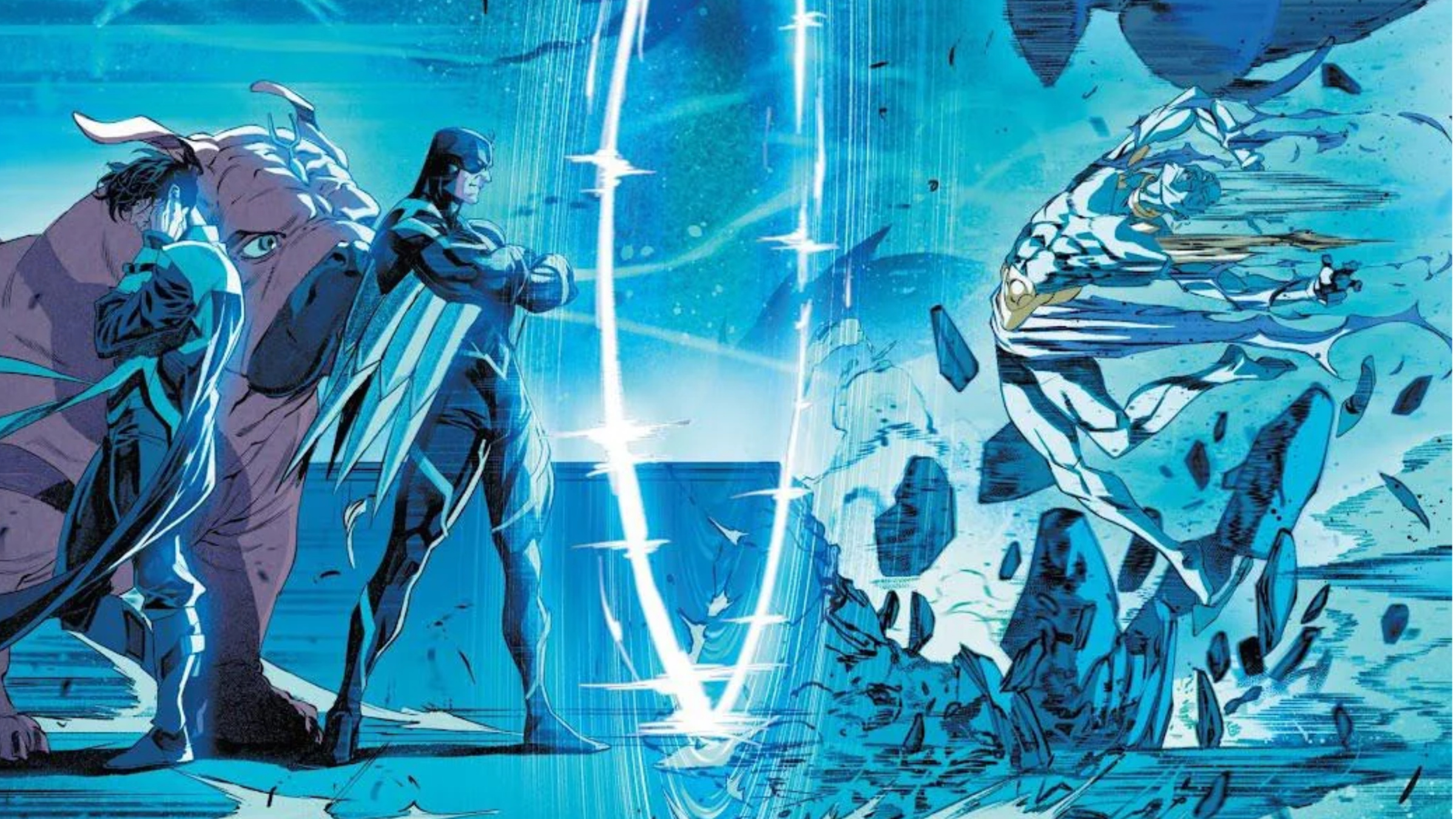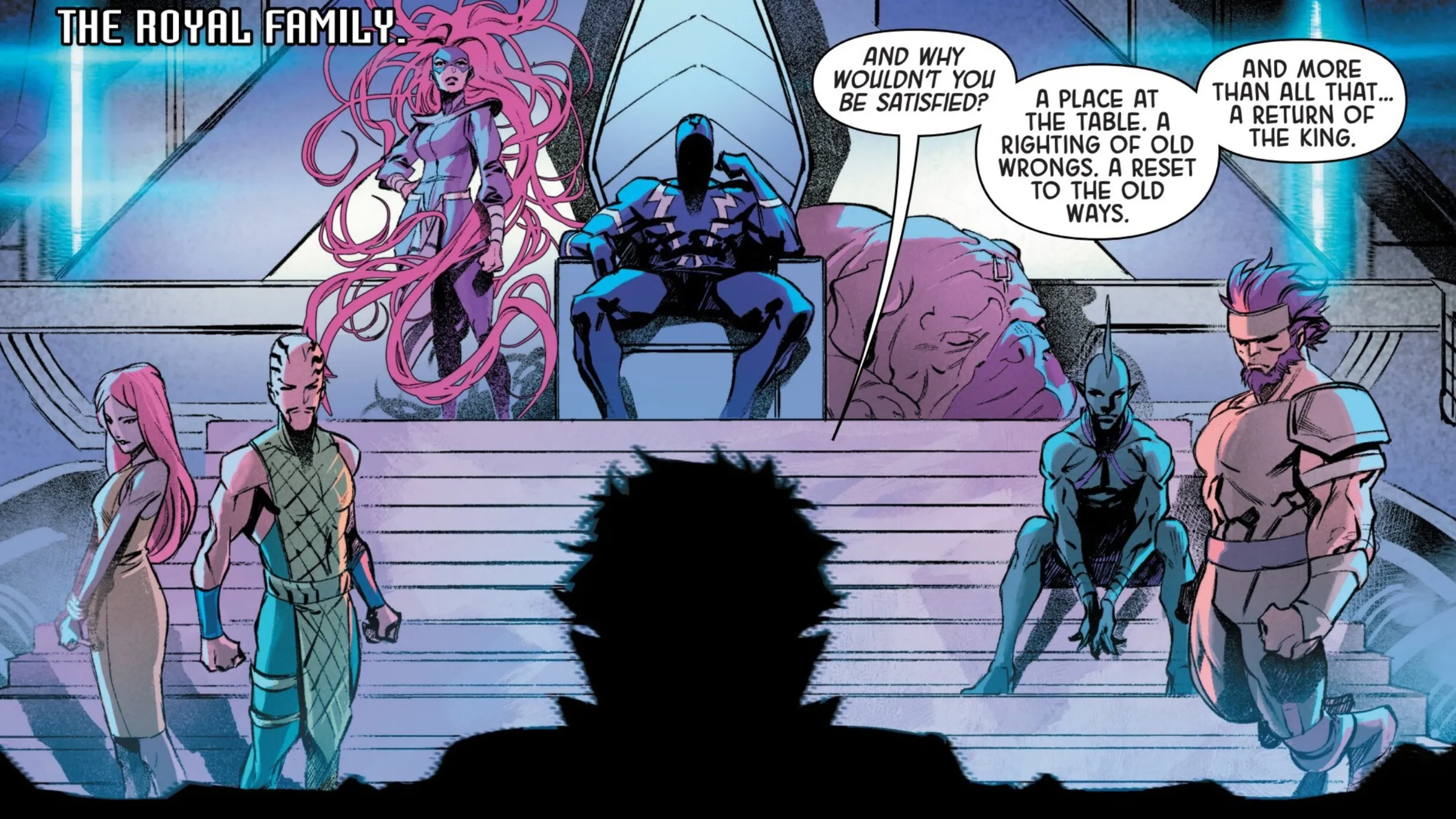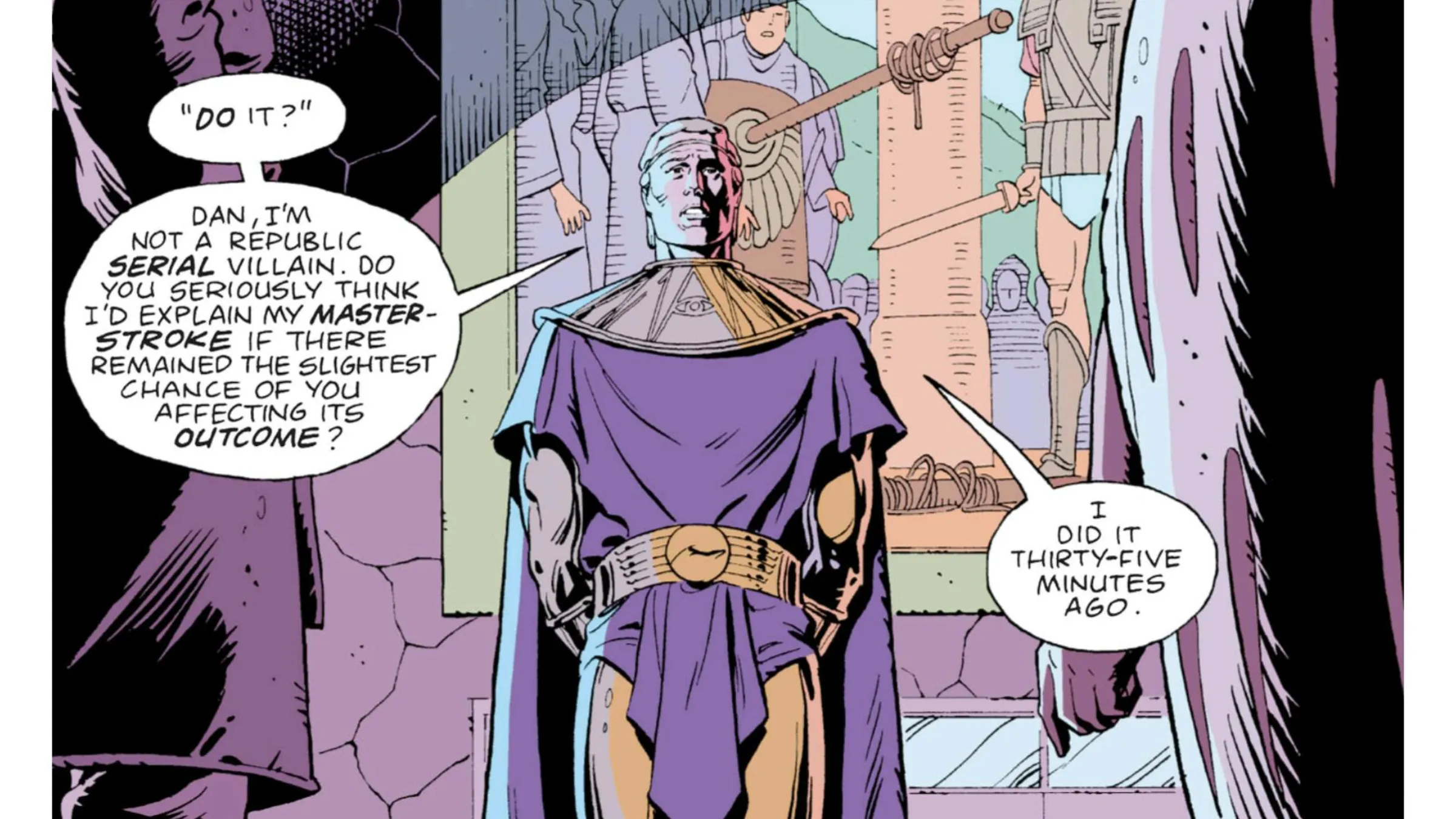
Let’s face it: Marvel truly excels at cosmic storytelling. While DC has impressive concepts like the multiverse and various groups like the New Gods and Lantern Corps, none of it quite reaches the level of Marvel’s cosmic adventures. It all began in the 1960s with Jack Kirby and Stan Lee in titles like Fantastic Four and The Mighty Thor, and has been brilliantly expanded upon by creators such as Jim Starlin, Ron Marz, Keith Giffen, Dan Abnett, and Andy Lanning. More recently, writers like Al Ewing and Jonathan Hickman have made significant contributions to Marvel’s cosmic universe. Hickman recently revisited this area with Imperial, a series that has effectively redefined the characters and empires within it.
The Cosmic Marvel stories are ambitious, and Imperial had a lot to live up to. While the four-issue series successfully removed some unpopular recent storylines – like the Kree/Skrull alliance, which felt like a waste of potential for characters like Hulkling and Wiccan – it also unfortunately discarded many ideas that fans enjoyed. Imperial attempted to redefine the cosmic side of Marvel, but its major plot twist feels too similar to Watchmen, widely considered one of the best comics of all time. Marvel has been trying to replicate the success of Watchmen for years, and sadly, Imperial doesn’t quite achieve that goal.
Imperial‘s Ending Uses the Watchmen Twist Ending but Doesn’t Earn It

The Imperial storyline started as a simple murder investigation but quickly escalated to a cosmic-level conflict. The mastermind wasn’t a typical villain, but Black Bolt, who aimed to strengthen the Inhumans so they could defeat the Kree. From the very beginning, Black Bolt, along with his brother Maximus and the Grandmaster, secretly controlled galactic events to achieve his goal. Nova, Star-Lord, and Shuri uncovered the truth, but Star-Lord and Shuri decided to keep it hidden to benefit their own people, while Nova vowed to expose the deception behind the entire situation.
This story strongly resembles Watchmen. In Alan Moore and Dave Gibbons’ famous comic, a hero’s actions unintentionally lead to a global war, which he then stops in an attempt to achieve world peace. While Imperial and Watchmen tell their stories differently, the parallels are clear. It’s obvious that Jonathan Hickman drew inspiration from the classic comic for this new Marvel storyline. However, while this installment adds to the grand scope of cosmic Marvel, it’s unlikely to reach the same legendary status as Watchmen, widely considered one of the greatest comics ever made.
Watchmen was a truly unique achievement in comic book history. Alan Moore and Dave Gibbons meticulously crafted the story, pouring incredible effort into every detail. It’s a masterpiece because it excels on so many levels – the plot is gripping and full of surprises, and the characters are complex and relatable, giving the story a rare emotional depth. The book’s success comes from how perfectly all its elements come together, creating a truly exceptional reading experience, and that’s why it has resonated with readers for so long.
While I enjoyed Imperial as I was reading it, looking back, it’s a bit of a letdown. Jonathan Hickman’s recent work hasn’t quite lived up to his previous standards—even Ultimate Spider-Man—and Imperial really highlights that. The story’s individual elements weren’t compelling enough, and its attempt to emulate Watchmen just didn’t quite work. It feels like Marvel hoped people would praise it as Watchmen in space, but it lacks the same weight and emotional impact.
Imperial Made a Huge Mistake Reminding People Watchmen Exists

Fans had been anticipating Imperial for a long time, but it didn’t live up to expectations. Unlike Jonathan Hickman’s impressive event series like Infinity, Secret Wars, House of X, Powers of X, and Inferno, this felt like a much smaller-scale Marvel event. It seemed more focused on selling tie-in one-shots than telling a compelling, standalone story. Ultimately, it felt very much like a typical Marvel book, and the attempt to evoke Watchmen was a misstep.
Some books, like Watchmen, are so well-crafted that even knowing the surprise ending doesn’t diminish the experience. Imperial, unfortunately, doesn’t achieve this. It introduces ideas that aren’t fully developed and lacks a strong connection with the reader. Trying to replicate the success of Watchmen was a misstep, as it inevitably invites comparison to a far superior work. Imperial aimed high, but ultimately fell short.
https://comicbook.com/comics/news/10-greatest-marvel-stories-of-the-2020s/embed/#
Read More
- Darkwood Trunk Location in Hytale
- Hytale: Upgrade All Workbenches to Max Level, Materials Guide
- Best Controller Settings for ARC Raiders
- How To Watch A Knight Of The Seven Kingdoms Online And Stream The Game Of Thrones Spinoff From Anywhere
- Ashes of Creation Rogue Guide for Beginners
- PS5’s Biggest Game Has Not Released Yet, PlayStation Boss Teases
- Donkey Kong Country Returns HD version 1.1.0 update now available, adds Dixie Kong and Switch 2 enhancements
- Olympian Katie Ledecky Details Her Gold Medal-Winning Training Regimen
- Arc Raiders Guide – All Workbenches And How To Upgrade Them
- Nicole Richie Reveals Her Daughter, 18, Now Goes By Different Name
2025-11-18 22:13